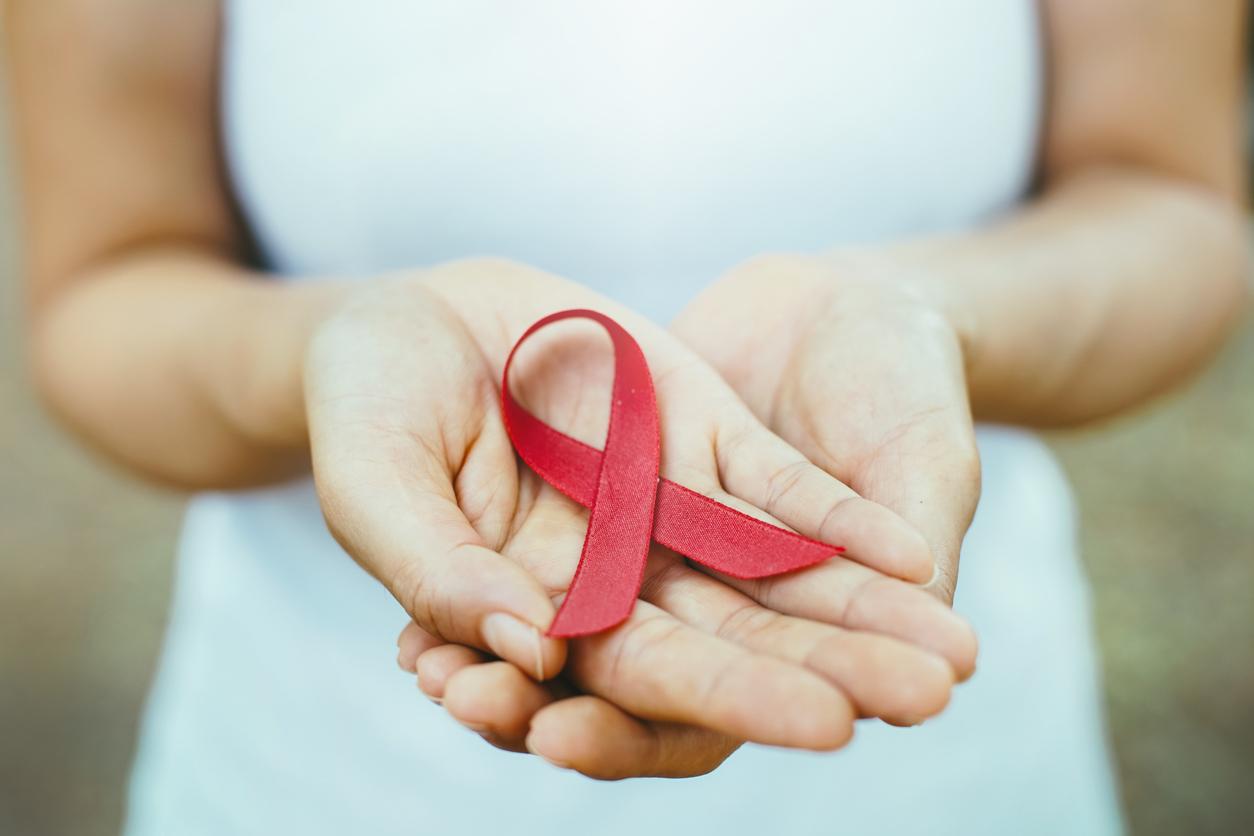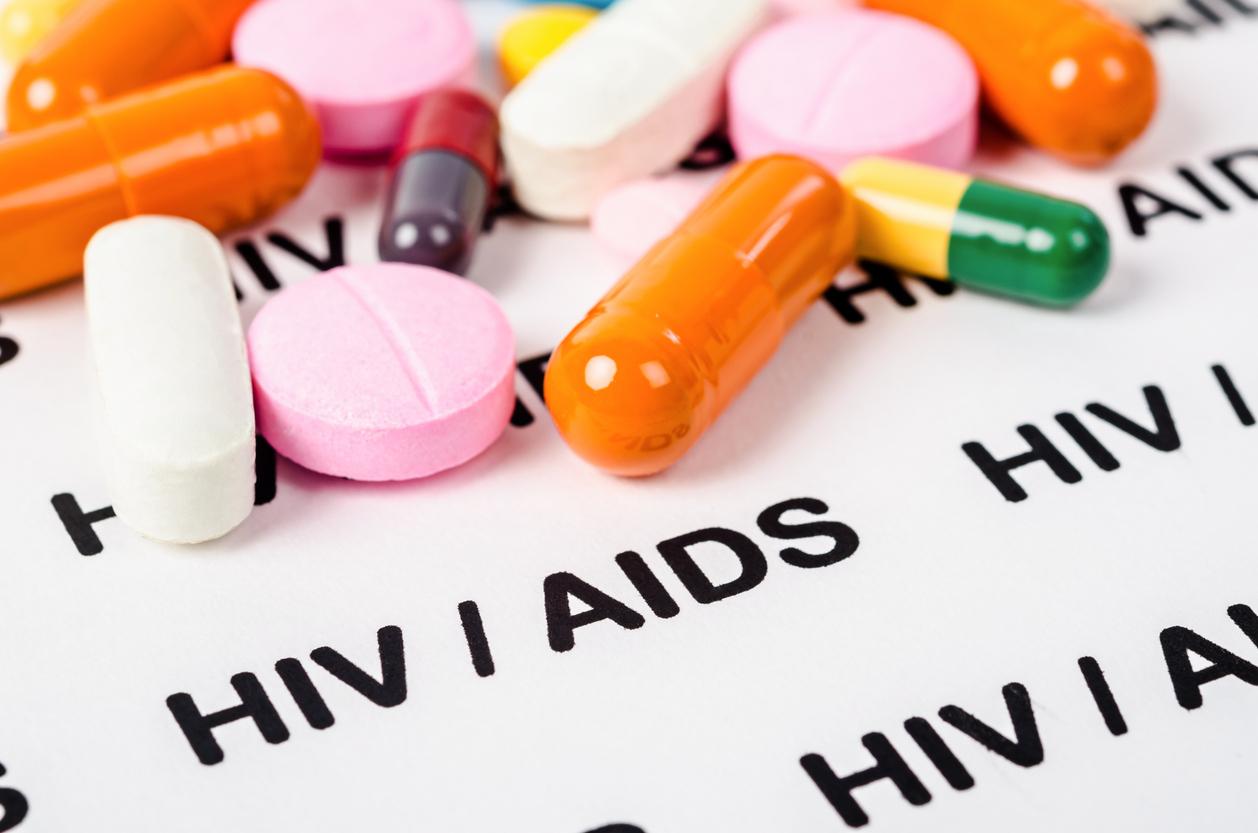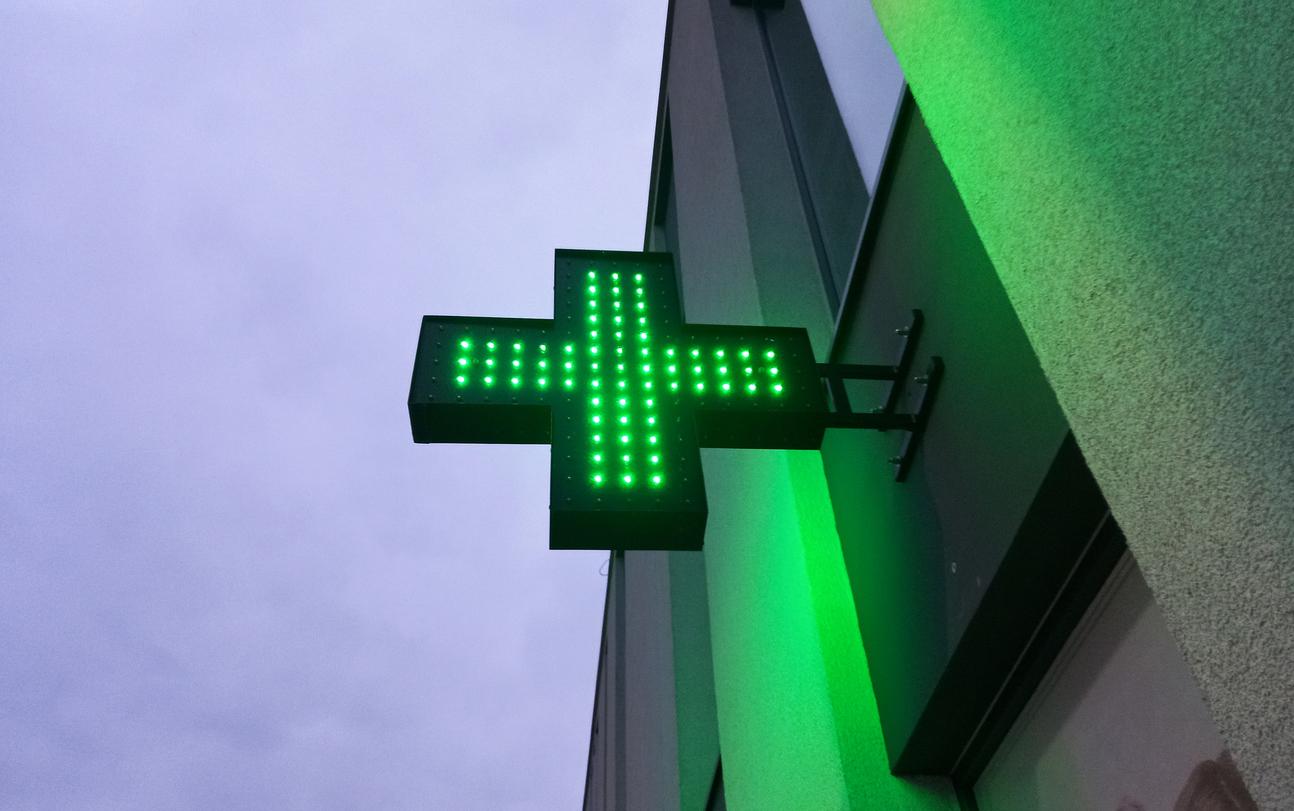Several associations would like this self-test to also benefit from a reduced VAT of 5.5%. 1,500 to 2,000 HIV self-tests are sold each week.

On September 15, HIV self-testing made a remarkable entry into the French market. A month and a half after the start of their marketing, the manufacturer, the company AAZ, announced nearly 70,000 self-tests ordered by around 9,000 pharmacies throughout the country.
But the pharmaceutical distributor Alliance Healthcare France – which serves almost half of French pharmacies – cut short the euphoria. A few months later, the market was down. With around 600 tests sold in December, and less than 300 in March 2016. Between the probable fallout of the announcement effect and the management of pharmacists’ stocks, it is difficult to explain these figures. Except that today, this complementary screening tool has finally found its audience.
According to the AAZ company contacted by Why actor, 1,500 to 2,000 HIV self-tests are currently sold by pharmacies in France every week. The manufacturer even recorded peaks of nearly 3,000 weekly sales at certain events. This was the case the week of December 1, when World AIDS Day took place.
Faced with these encouraging figures, anti-HIV activists want to go further. In fact, 30,000 HIV-positive people are unaware of themselves in France.
A found audience
In a press release published on Wednesday, the associations AIDES and HF Prévention estimate that “this first assessment shows that the self-tests affect a population that would not have been screened otherwise”. They also welcome a recent opinion poll (1) showing that for more than a third of users, this was their first HIV test. Among them, almost a third affirmed in addition that they would not have had recourse to another type of screening.
And with an advertised reliability of 99.8% (after waiting 15-30 min), the tool is on target. The associations reveal that the first cases of discovery of seropositivity thanks to the self-test have already been “proven and confirmed” by several screening centers / services for infectious diseases. “The self-test seems to register as a new effective prevention tool and complementary to the classic screening offer (laboratories, screening centers, TROD by associations)”, they rejoice.
A crippling price
However, these activists always denounce “an obstacle” to its dissemination to a larger number of people. This is the cost and therefore the accessibility of the device. With an average pharmacy price of 25 to 28 euros, it is clearly not within everyone’s reach, AIDES judge.
As for the condom, the association would like this self-test to also benefit from a reduced VAT of 5.5%. In addition, it deplores the blocking still in force of an endowment which would allow them “the free provision of self-tests to the most exposed groups”.
For free access to the pharmacy
Finally, since June 2008, AIDES reminds that certain drugs known as “officinal medication” can be made available to the public in “free access” in pharmacies. This is the case with pregnancy and ovulation tests.
“To facilitate its visibility (by finding it for example next to condoms) and its delivery (by avoiding having to ask for it publicly from your pharmacist), you must be able to find the HIV self-test in open access in pharmacies. », Conclude the associations.
(1) Survey carried out by the Illicopharma.com site between September 2015 and March 2016 on 909 users
.















